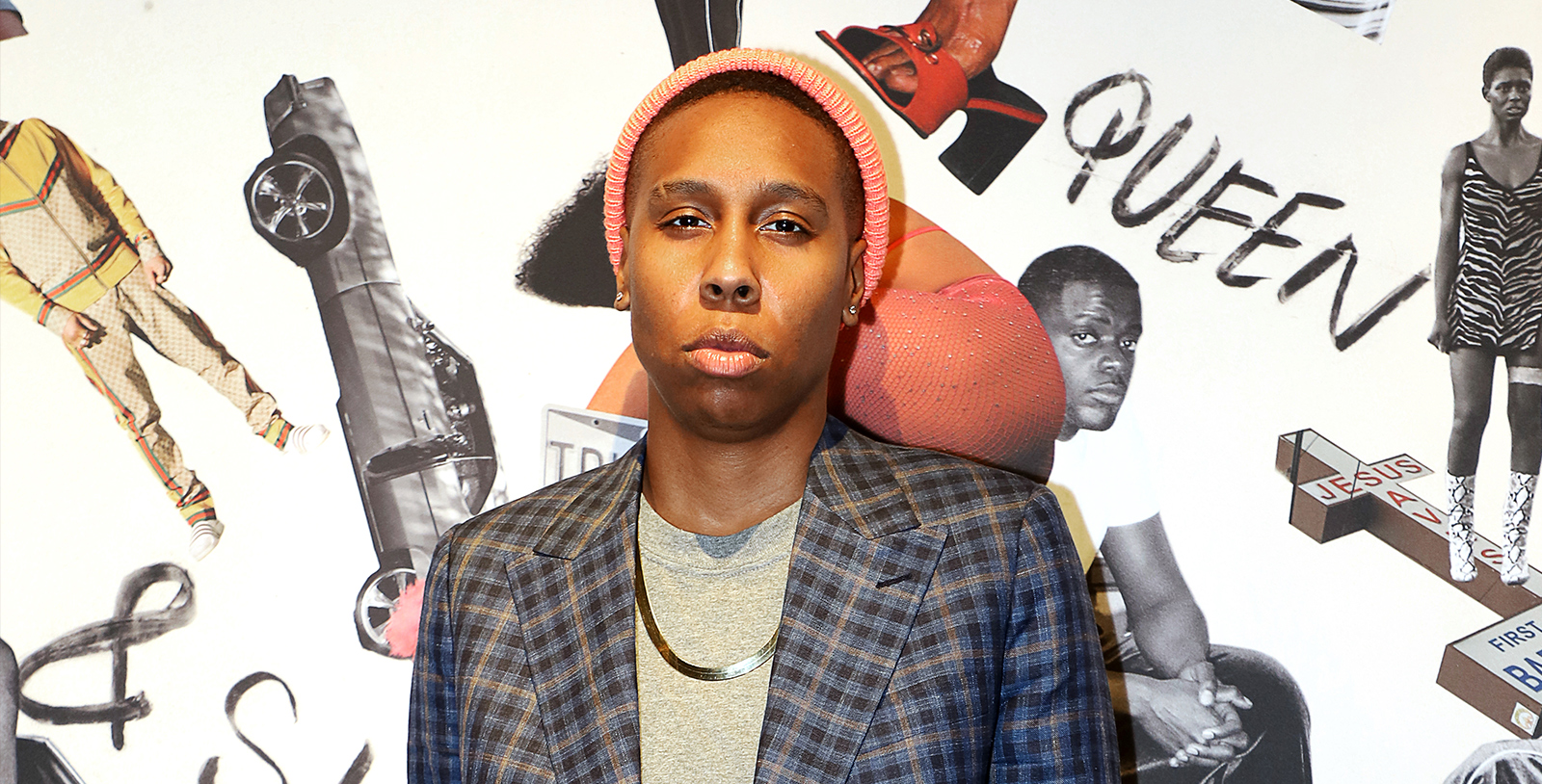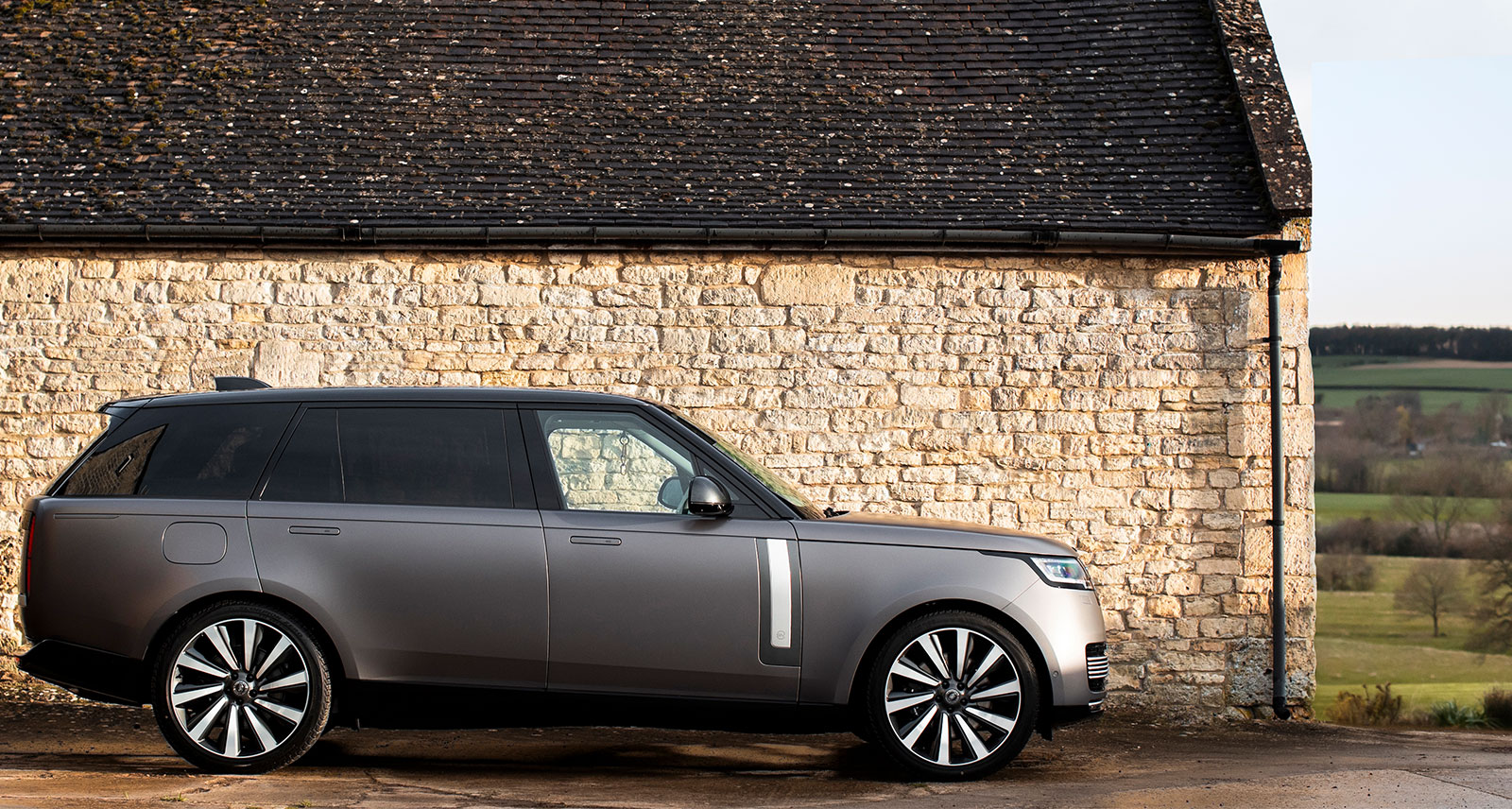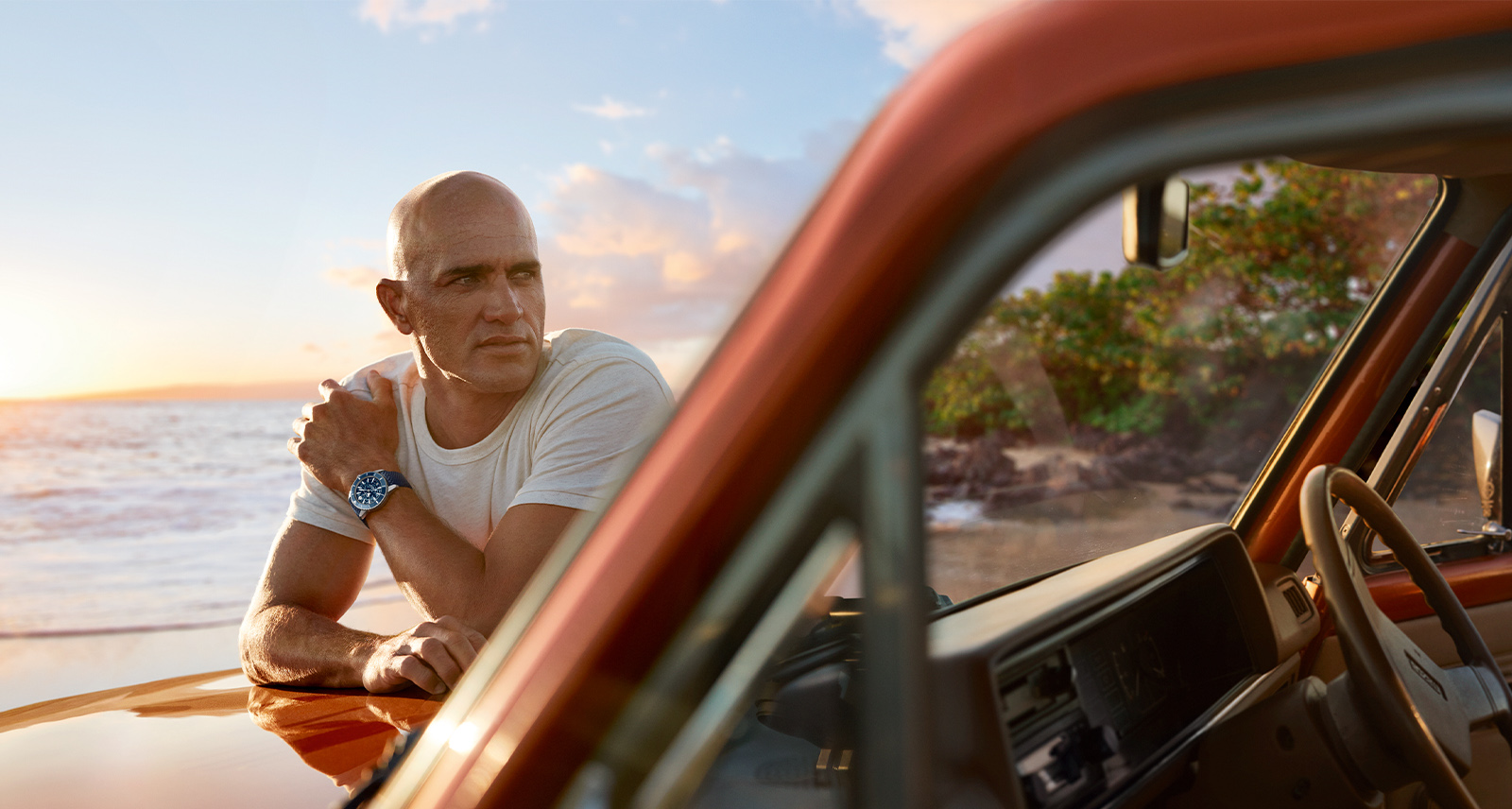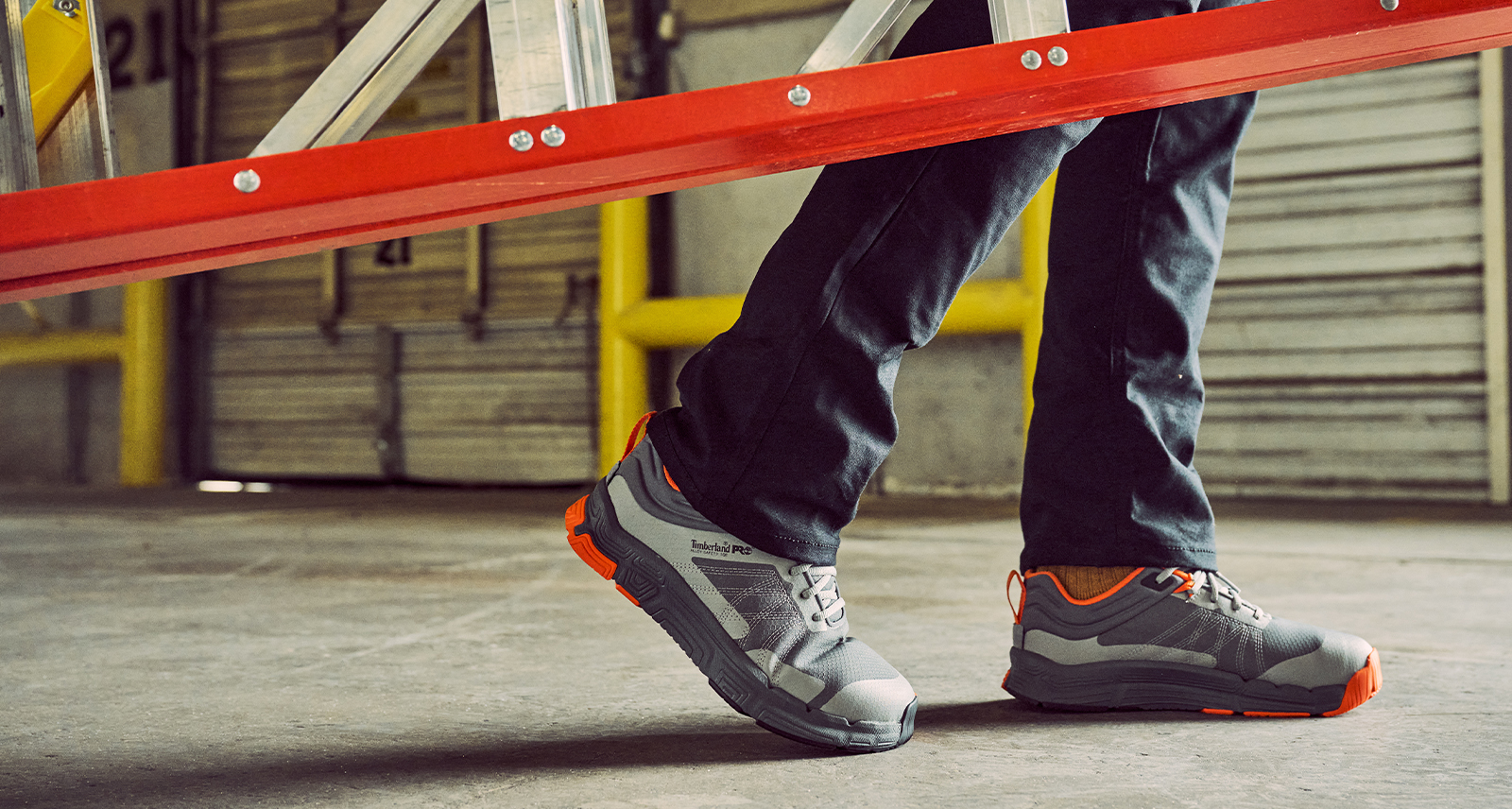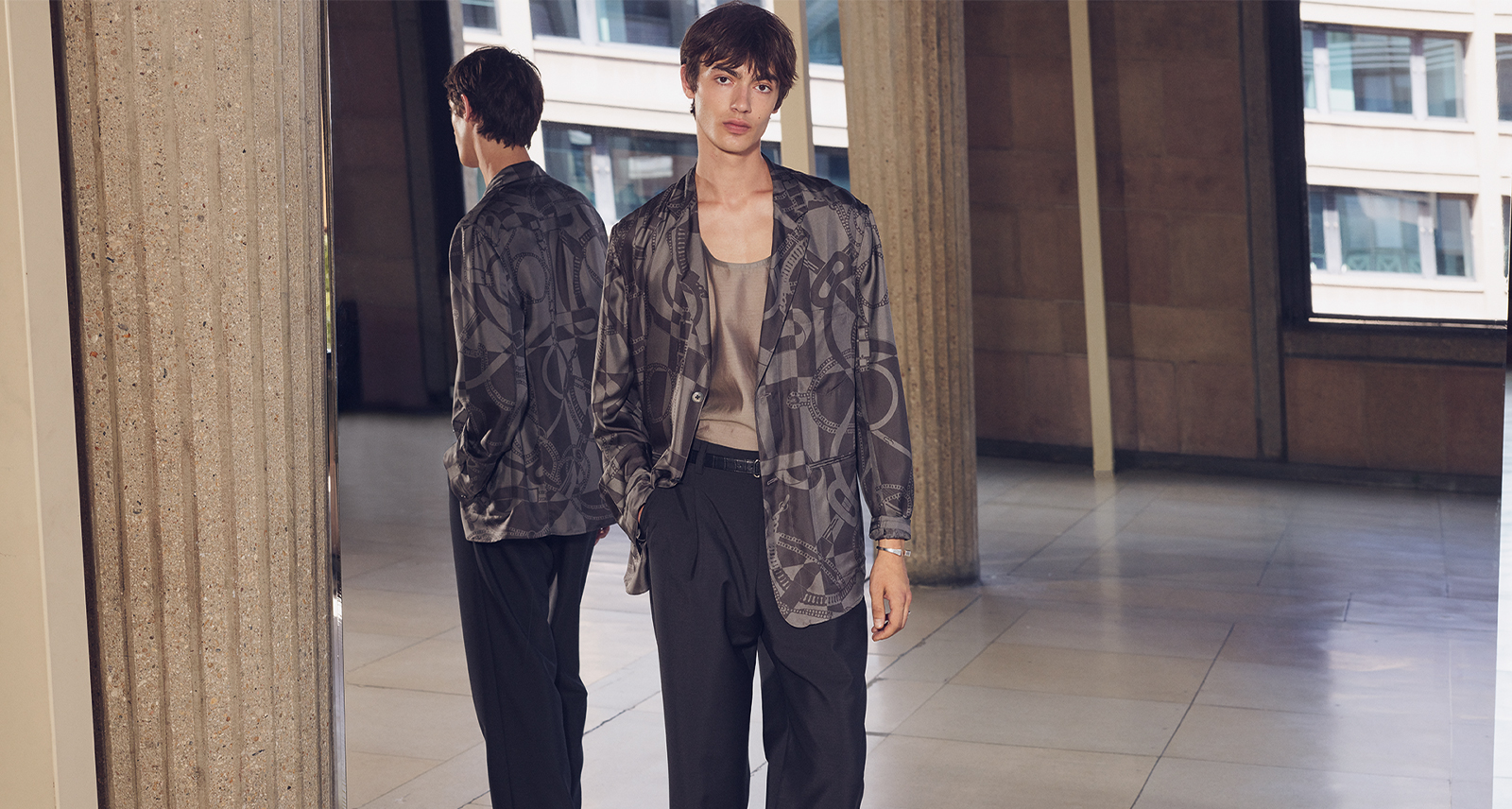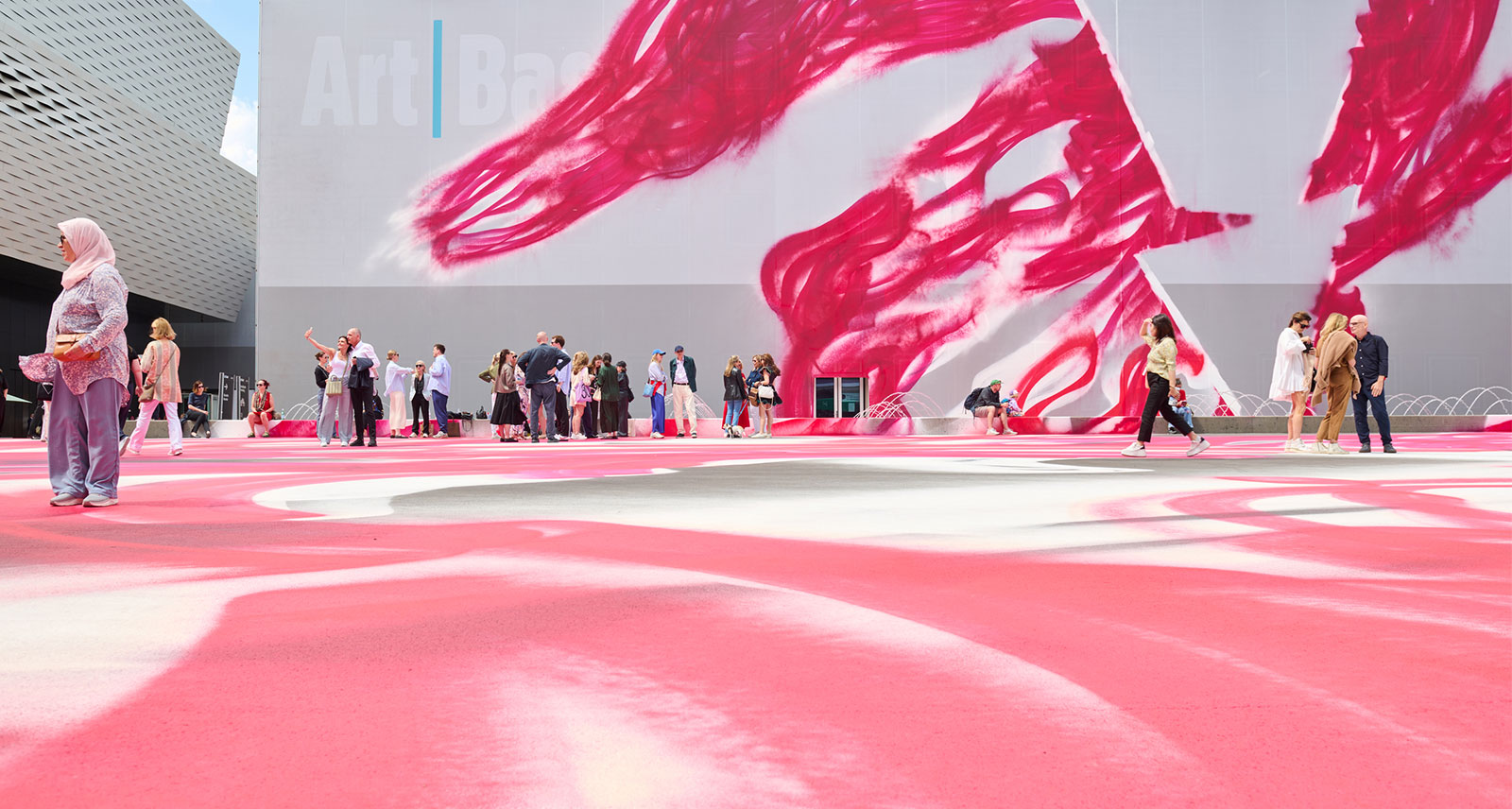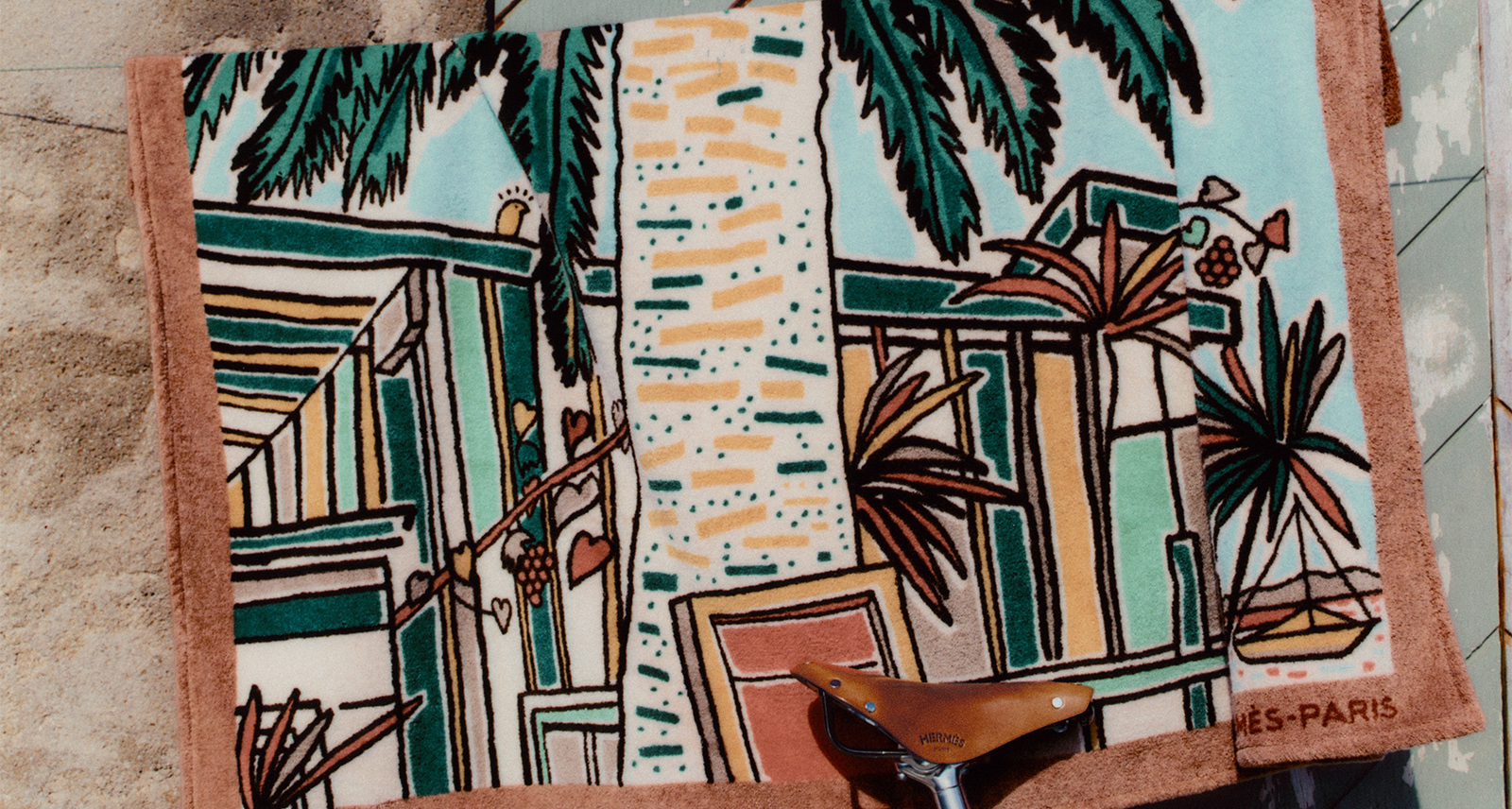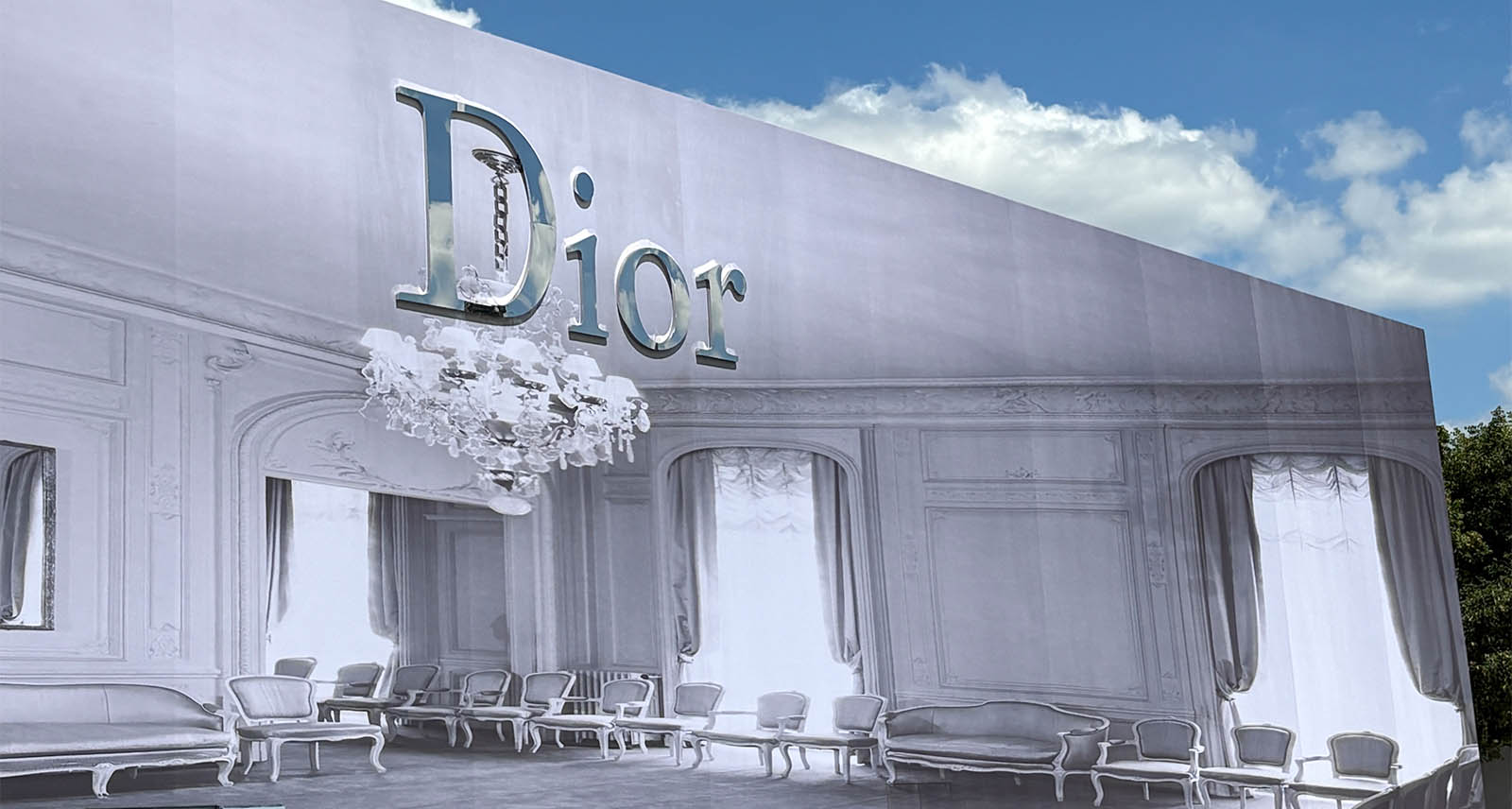In ‘Queen & Slim,’ Lena Waithe Tells A Love Story That Drives Through Racism
All hail Lena Waithe. The reigning queen of television makes her feature debut as a screenwriter with the electrifying drama Queen & Slim. This souped-up road movie drives at a much higher gear than the series Master of None and The Chi for which audiences know Waithe best. However, the film is every bit as radical as those groundbreaking shows are. Reuniting with director Melina Matsoukas, who helmed the “Thanksgiving” episode of Master of None that earned Waithe an Emmy — the first for any black woman writer in the comedy category — Queen & Slim provocatively tackles racialized violence with its story of two lovers on the lam in #BlackLivesMatter-era America.
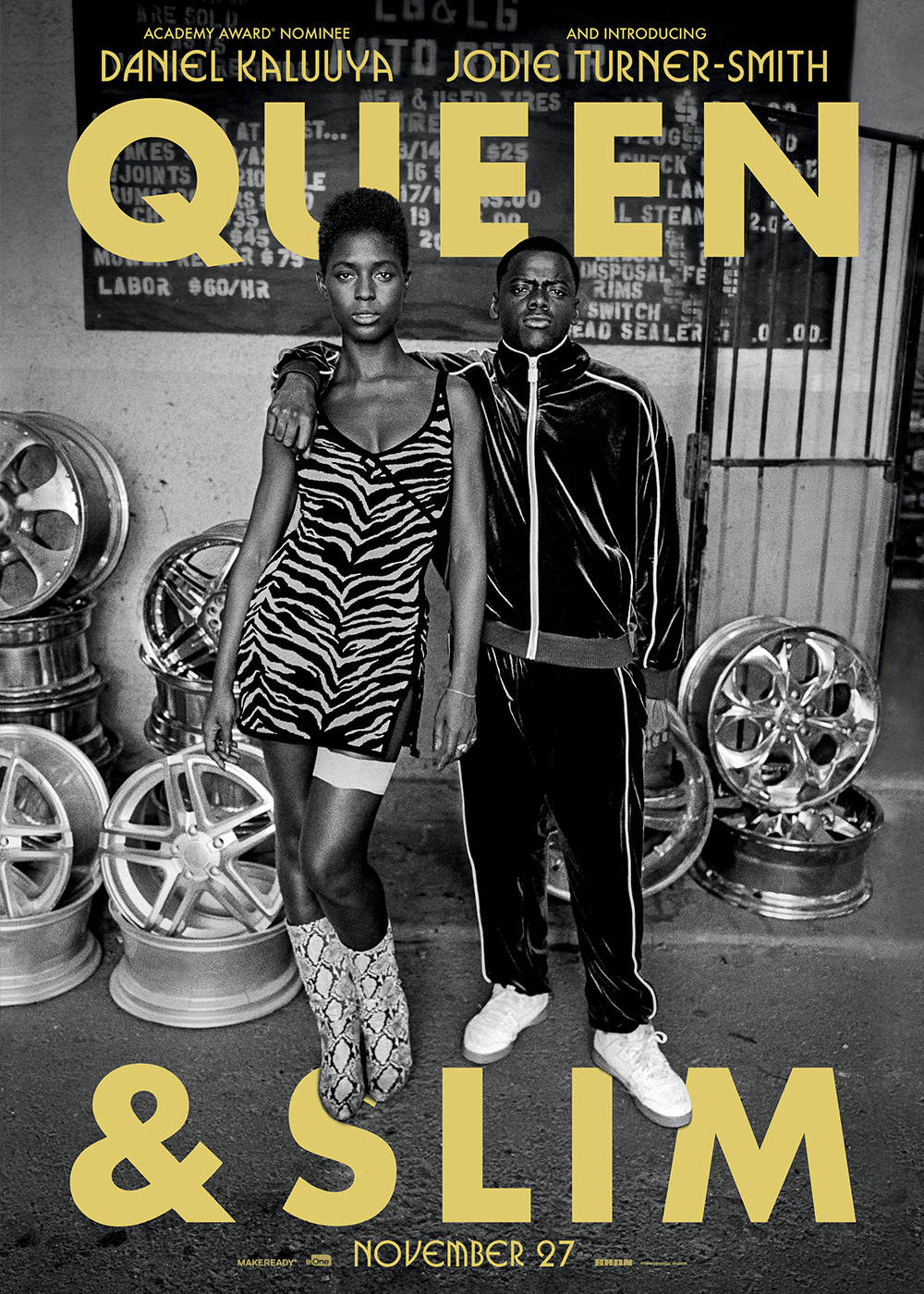
The film stars newcomer Jodie Turner-Smith and Get Out’s Daniel Kaluuya as Queen and Slim, two African-Americans on a first date that takes a dramatic twist when a police officer stops them while driving home. Things escalate quickly and they kill the copper in self-defence, flee the scene, and put the pedal to the metal. While comparisons to Bonnie and Clyde and Thelma & Louise are inevitable, the similarities end with the fact that they all feature a duo on the lam from some Very Bad People. As Queen and Slim drive across the USA, Waithe uses the conventions of the road movie to reflect on the history of racism that is embedded into the fabric of America. The fate of the star-crossed lovers becomes a rallying cry for black onlookers across America and a wake-up call for audiences to recognize the broken system of which they are a part.
Sharp sat down with Waithe while she was in Toronto promoting Queen & Slim to talk about tackling her first screenplay, the power of love, the impact of Get Out, and empowering audiences through the stories she tells.
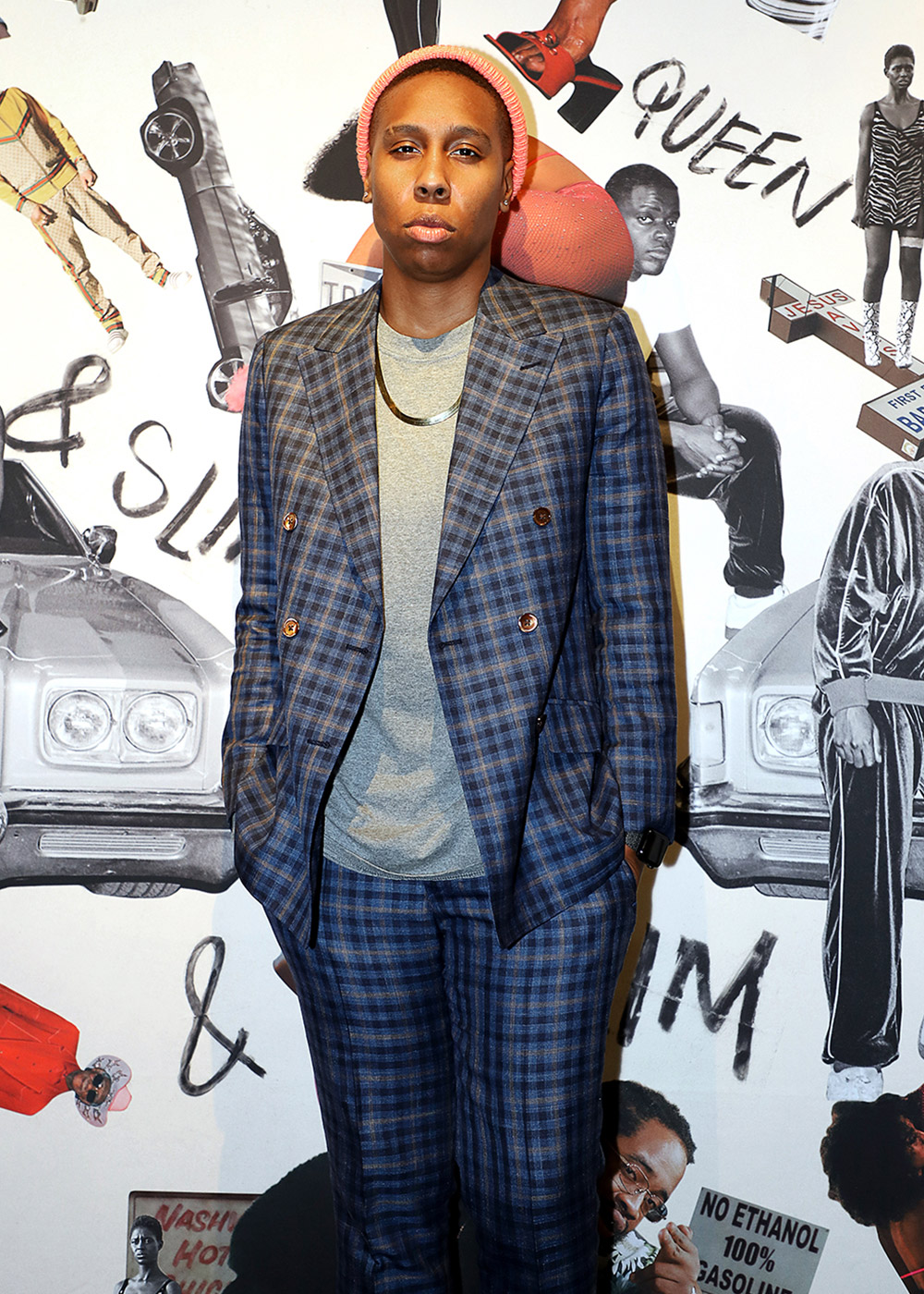
What was the wildest first date you ever had?
Wow, I haven’t had a wild first date. Well, definitely not that wild. [Referring to the date in the film.] The first date I had with my now-wife was wild because I didn’t know I was on a date. I thought of her as a heterosexual person.
We had had a meeting before. We were just having drinks, so I thought it was a follow-up. I’d met with her before, so I felt comfortable with her. I’m talking trash. I’m saying crazy stuff. I’m being goofy, and I’m being myself. I wasn’t talking about other women. It was nuts. But it was perfect. She basically asked me out and I didn’t realize I was being asked out. So, I was my authentic self on that date and she just saw me. The next day, I showed up with a bottle of wine and started being romantic. We’ve been together ever since we met a little over five years ago.
Has getting married in the middle of this release changed how you look at the movie? [Waithe revealed on the November 15th episode of The Ellen DeGeneres show that she and Alana Mayo recently married.]
I could not have written this movie had I not fallen in love properly. I could have done a version of it, but because I now know what it’s like to fall in love with someone, I know what it’s like for nothing else to matter. I know what it’s like to settle into something that feels like a spiritual experience. This movie was born out of that. There’s a little bit of our relationship in there, like how I chew loudly [like Slim does] and my wife tells me off. And [like Queen does], she’ll say, “Tell me a story so we fall asleep,” and I will try to come up with something. That makes it this crackling thing. You learn how there are things that can grate on a person’s nerves, but they also help you change. You become a freer version of yourself. Marriage is only solidifying some of the things I’ve thought about, but the movie doesn’t happen without me falling in love with her.
The story for Queen & Slim came to you from James Frey, who shared it at a party. How do you feel about someone approaching you and saying they have a good story, but that they’re not the one to tell it?
If we had more of that, our movie and TV industries would look so much better. I think the industry is now nervous to have a story about people of colour being told by someone who is not. They sort of learned that lesson. They may still be learning that lesson. I’m grateful to him for putting an idea in my lap because I knew what to do with it. I’m grateful to him for recognizing his privilege and what he should and shouldn’t be doing as an artist. That’s why it was so urgent for me to get the story out. I thought, “If we’re not careful, somebody else is going to have this idea about a black person killing a cop versus the other way around.”
It had to be totally nuanced. It had to be told smartly and not simply. I think we did tell the story with a lot of nuance. It’s not black and white. It’s not an anti-cop movie. It’s not making heroes out of it all. Every single person in the movie is a human being. That was my goal: the cops as well.
Why was that important?
Because the truth is that this is a war that a lot of us didn’t start, but our forefathers did. We haven’t figured it out yet. Racism is a wound that has not yet healed, and it probably won’t heal for a very long time. This film is like me trying to put some ointment on it.
The film’s pretty radical, especially for a movie with a major Hollywood studio behind it. [Universal Pictures distributes Queen & Slim in the States, while eOne has it for Canada.] What was the process like shopping the script around?
They came after us.
Really?
Mm-hmm. And we want to be very clear about that narrative of, “Well, this must have been difficult.” No. I knew I had written something good, but I knew I wanted Melina to direct it. We had worked so well on “Thanksgiving” together. But before I could even get it to her, Daniel Kaluuya read it and wanted to be Slim. I was like, “Let me get Melina and if she agrees to direct it, she and I have to have a conversation about who can be Queen and Slim.” She met with him, loved him, and then it was the three of us.
You had me, who was coming off an Emmy win and a bit of a career high. You had Melina — everybody had been waiting to see what her first feature was going to be. You had Daniel Kaluuya coming up with one of the top grossing movies of all time [Get Out] and then frickin’ had just shot Black Panther. It was a nutty combo. Then we had the script that I knew was something like a fucking match.
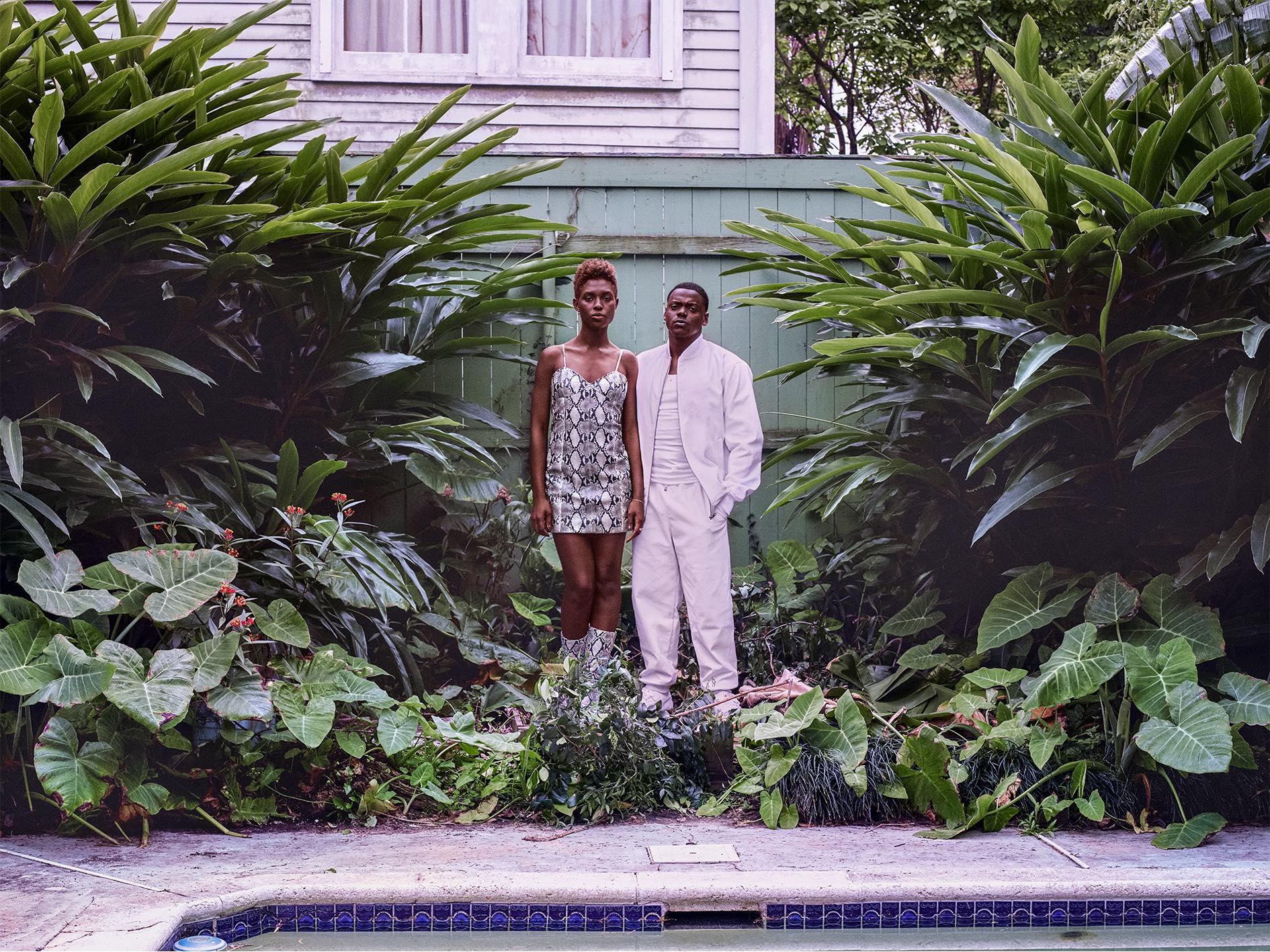
‘Queen & Slim’ stars Jodie Turner-Smith and Daniel Kaluuya.
Right. That’s a lot — so what was the development process?
We started having meetings. Our financiers and Pam [Abdy] and Brad [Weston] of Makeready were like, “We want it. What do we got to do?” All these other studios were interested, so we basically made it independently and had a deal with Universal. We were like, “We get to make it independently but have a big studio release? Dope.” But then other studios were raising their hands. They rolled out the red carpet for us, told us all the Best Picture Oscars they had won. They asked, “What do we have to do to convince you to bring the movie over here?” They weren’t dumb.
I called Melina and was like, “All these people want us, man. Let’s ask for what we really want.” She wanted to shoot on 35mm film. I said we have to have final cut. We wanted to break in a new actress. And I wanted to shoot it and release it in the same year because I didn’t want some other shitty movie to come out. We had to have complete autonomy. Melina wanted to shoot in a couple different cities, which we did. Ultimately, we got our needs met. Another big thing too is I don’t like test screenings.
Any reason?
They’re a little barbaric. You put a couple of people in a room and say, “What did you think about it?” We’re artists. They’re audiences. Artists tell audiences what they want, not the other way around. If you give the audience what they want all the time, art will never be daring. Art will never be revolutionary. Oftentimes the audience isn’t aware of what they want. We didn’t know we wanted Get Out. I didn’t know I needed that. When I saw it, my head exploded. But I’ll put that in front of you again. Have you seen the DVD extras?
No. Why?
There’s an original ending of Get Out that a test audience flipped over. Jordan [Peele] originally wrote it with Daniel Kaluuya going to jail. Allison Williams’s character comes and visits him. He’s in there and he’s sad and depressed. She kind of winks at him and walks away. Is it a colder, more somber ending? Yeah, but it’s also real. That’s what would have happened had the cops rolled up and all these white people were dead and his ass was alive.
But some test screenings were like, “That’s too dark. We don’t like it.” And then they flipped it. Of course, Jordan wrote the beautiful ending having Lil Rel’s character pull up and save the day. There’s resounding applause. It’s a great cinematic moment. Both endings are valid, but it’s like the industry saying, “Give us a happy ending because that’s what audiences want.” I don’t want my ending or my story to be determined by a group of people. I’m gonna give you the ending I want to give you because it’s my story to tell.
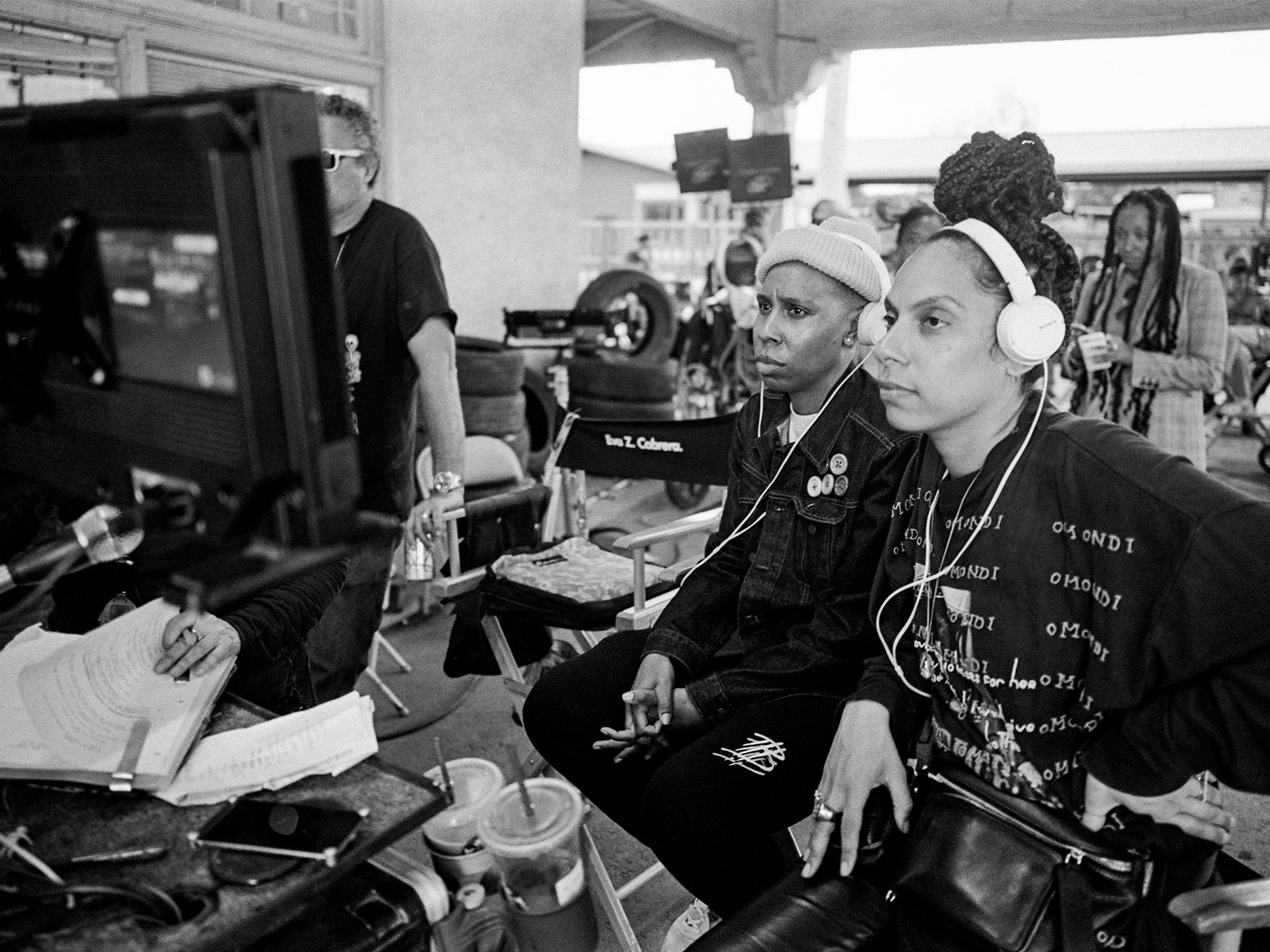
Images courtesy of eOne Films.
Did you get your ending?
I said on the phone with Donna Langley [Chairperson of Universal Pictures], “I hate test screenings. I think they sometimes ruin movies.” She said we needed to have at least one because it helps you to see things you don’t see. I said fair enough, but it had to be 100 per cent black. And I didn’t want to be beholden to anything that came out of those test screenings. She said fair enough. That was the deal. They’ve kept their word. We didn’t get a single note. The only notes we took were from black creatives, but that was only during the writing process. During the cut, it was all me and Melina. When you see the movie, it just feels like a movie made in our native tongue and with our personality traits, our history, our stuff. That’s why it almost feels like a white movie in that way.
How so?
This is like Marriage Story. No one making that movie was saying, “Are black people going to get this?” This was for us. This was an intimate story for all of our community.
The rate of black people being killed by cops hasn’t let up. How did the relentless stream of headlines shape Queen & Slim?
Racial tensions have always been prevalent, but I didn’t realize how much more relevant the movie would be after I started it. It’s the same with Get Out. Jordan Peele says he wrote that while Obama was still in office. Now it has a deeper meaning because of where we are now. I started writing when Obama was President. I was writing under a black presidency. It was not necessarily perfect, but I was happy to have him in there. Then, even as we got ready to go to press, we were hearing about two African Americans who were killed in their homes. That is mind-boggling. Melina and I dedicated our Elle Awards to Atatiana [Jefferson], who we couldn’t shake. For us to walk into this awards season and be talking to people…Black people are dying at an alarming rate at the hands of police and nothing is happening about it. It’s an epidemic.
It is my job as an artist to reflect the times in which we live. This is more than a movie: this is a rebel cry, it’s protest art, and it’s a fucking mirror that we are holding up to society. People can look away, criticize it, or be nitpicky about certain things in the story. This ain’t about that. This is about communities. This is about a group of people that it’s open season on. I refuse to be silent about that.
You made a good point in your interview with The New Yorker about how you have to write your own heroes. I wanted to pick up on that because we often hear about the victims, but we don’t know who’s leading the movement and rising up, and that’s something we see in Queen & Slim with the way their story unfolds. Why don’t we hear about the heroes?
I think it’s because the victims are sexier to the news outlets and to the journalists. To me, they celebrate black death. I wouldn’t know these people’s names unless a cop killed them. I wouldn’t know Trayvon Martin’s name. I wouldn’t know Eric Garner’s name or Sandra Bland’s name. We don’t celebrate black life; we celebrate black death. At some point, our lives are to be cherished and cared for because we deserve the right to life, liberty, and the pursuit of happiness just like everyone else. But that seems to be almost a foreign concept for some of us.
Queen & Slim opens in theatres Nov. 27.
